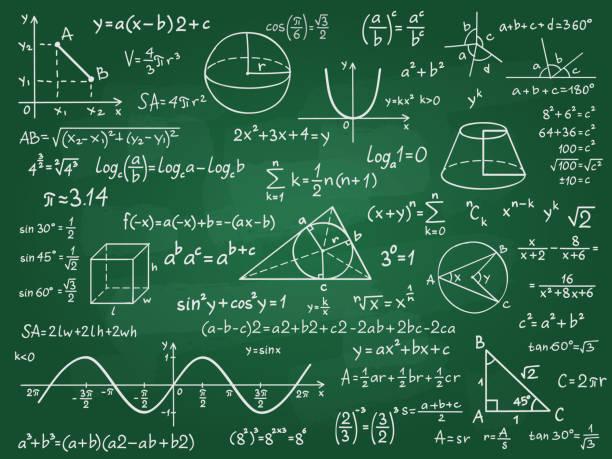Math is important for computer engineering, and there’s no denying that a good engineer must have a deep understanding of mathematical principles. Yet, do computer engineers take Calculus 3?
The answer is yes. They need to take at least three calculus courses, including Calculus 3. It’s also the foundation for many hardware courses.
If you’re interested in computer engineering and want to know how Calculus 3 in particular and math, in general, affect this technological field, this post is for you.
Computer Engineering & Calculus
As a computer engineer, your job involves hardware as well as its peripheral equipment. You’ll have to finish all of the compulsory classes for your program advisor, including mathematics, to work with these distinct types of hardware.
Specifically, it requires you to take three Calculus courses, including 1, 2, and 3.
They involve a wide range of fields in computing, such as creating visualization and graphs, simulations, coding in applications, problem-solving applications, statistical solvers, and algorithms design and analysis.
If you wish to work in these fields, you should grasp calculus at a basic level, whether through self-study or university.
Does Computer Engineering Use A Lot of Math?

Mathematics is required to understand physics, data structures, programming languages, differential equations, digital logic, and signal processing – the fundamental skills that every engineer should possess.
This technological field uses many important principles like combinatorics, probability theory, algebra, numerical analysis, Fourier Transform, real and complex analysis, and other concepts relevant to Analytical Mathematics and Discrete Mathematics.
These forms of mathematics are used in various fields, such as machine learning or software engineering. You’ll find it difficult or even impossible to manage data structures, databases, and algorithms if you don’t take these classes.
Besides calculus courses (as we mentioned above), you also need to enroll in a differential equations class to obtain your bachelor’s degree.
And it’s best to complete these classes with a grade of C or above to completely fulfill your math requirements. Rest assured that as long as you have a good understanding of basic math from school, you should understand these concepts during your courses.
On the other hand, do not seek to become an engineer if you are not into this subject or unwill to conquer it. You will be squandering both your and your instructors’ time.
What is Required for Computer Engineering?
You’ll need a bachelor’s degree in electrical engineering, computer engineering/science, or a mix of the two.
The job is linked to mathematics, programming, electrical design, computer architecture, and mathematical structures relating to hardware and software.
Can I Do Computer Engineering without Maths?
Some of you probably think of working in this field by taking only computer classes. Honestly, it’s absolutely impossible.
What would happen if cryptographers and software programmers lacked basic math skills? Your software would be unorganized, and the defense department would never crack a code!

Computer engineering and mathematics are inextricably linked, and you will encounter concepts like vectors, matrices, differential calculus, discrete mathematics, statistical models, etc.
These subjects help you develop logic and problem-solving skills, so working in engineering without mathematics is impossible. That’s why any reputable degree program will teach you math.
But if you’re going to learn by yourself, you can discover these courses on the internet. Without extensive arithmetic abilities, you can learn HTML, Java, Python, and other languages on your own.
If you’re scared of math, you can acquire a job with only basic math skills. Of course, you must be good at other disciplines required for that position.
No matter how you feel about math, there’s a job for you in this field. Work hard, research hard, and always update your knowledge through internships or freelance work. Though computer engineering is a great career choice, it is also a highly competitive one.
As a result, having a resume containing certificates, accomplishments, and experience will greatly increase your chances of landing a job.
The Bottom Line
Math is the language of computer engineering since it underpins computing principles and programming concepts. You should understand abstract language, data structures, algorithms, or differential equations without it.
Now that you know how important Calculus 3 (and math) are in this field, you can hit the road! Whatever you choose, taking a course or learning on your own, we hope you will fall in love with it and become a good engineer!
